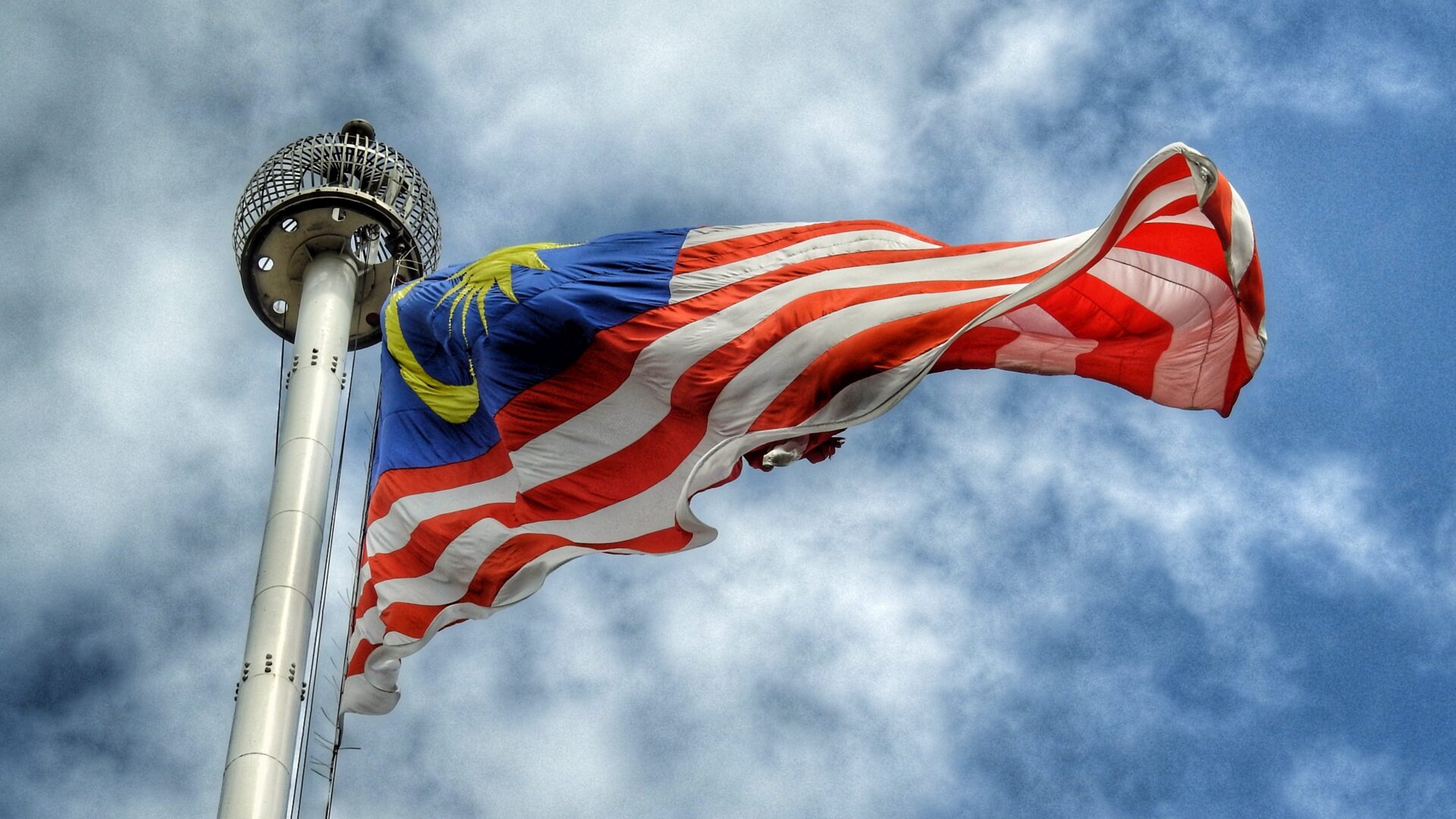At least four state-owned Malaysian companies are being considered for garnishment as part of the recent $14.9 billion award of a French arbitration court to the Sulu Sultanate related to its colonial-era dispute with Kuala Lumpur (KL) over the ownership of Sabah.
A lawyer representing one of the direct heirs of the Sultanate of Sulu bared that the heirs are moving to seize the Malaysian assets following the sequestration of $2 billion worth of properties of Malaysian oil giant Petronas based in Luxembourg.
Lawyer Rexie Efren Bugaring told the Daily Tribune that the four companies are based in the National Capital Region but the Sultanate’s lawyers are also determining their nature and how much money the Malaysian government had invested.
“We will only apply for a writ of execution on the assets owned by Malaysian government private funds that are not covered by the award,” he said.
Bugaring, however, declined to name the targeted Malaysian firms.
He said two cases will be filed in local courts. The petition will seek to determine the real heirs of the Sultanate of Sulu and the other is the enforcement of a foreign judgment awarding the heirs of the Sulu Sultan who signed the 1878 lease agreement.
Bugaring said as the country is a signatory of the New York Convention, local courts can enforce the arbitral judgment.
Duty-bound to help
Bugaring also disputed a statement of former Defense Secretary Gilbert Teodoro that the government cannot intervene in the enforcement of the $14.9 billion arbitration ruling.
“Although the case is private in nature, the claimants are Filipino citizens under the protection of the government,” he noted.
Teodoro earlier warned any attempt of the government to intervene in the ongoing legal skirmish between the Sultanate of Sulu and the Malaysian government may compromise the arbitral ruling.
Government jumping into the legal fray may strengthen the position of Malaysia in insisting that the international tribunal’s award can’t be enforced as the dispute involves a sovereignty issue.
It succeeded in obtaining a stay order from a Paris appellate court using the argument.
Open for discussion
Bugaring said the government can provide diplomatic representation by discussing with Malaysia the tribunal’s decision without the need to go to the International Criminal Court which is the venue to settle territorial issues.
“The arbitration case can be discussed diplomatically,” he said.
He said any collection from the award can also be subjected to income tax from which the government can share from the windfall of a successful processing of the claim.
Bugaring said the administration of President Ferdinand Marcos Jr. cannot just be a passive observer while its citizens are waging a legal battle to assert proprietary rights before international arbitration tribunals.
